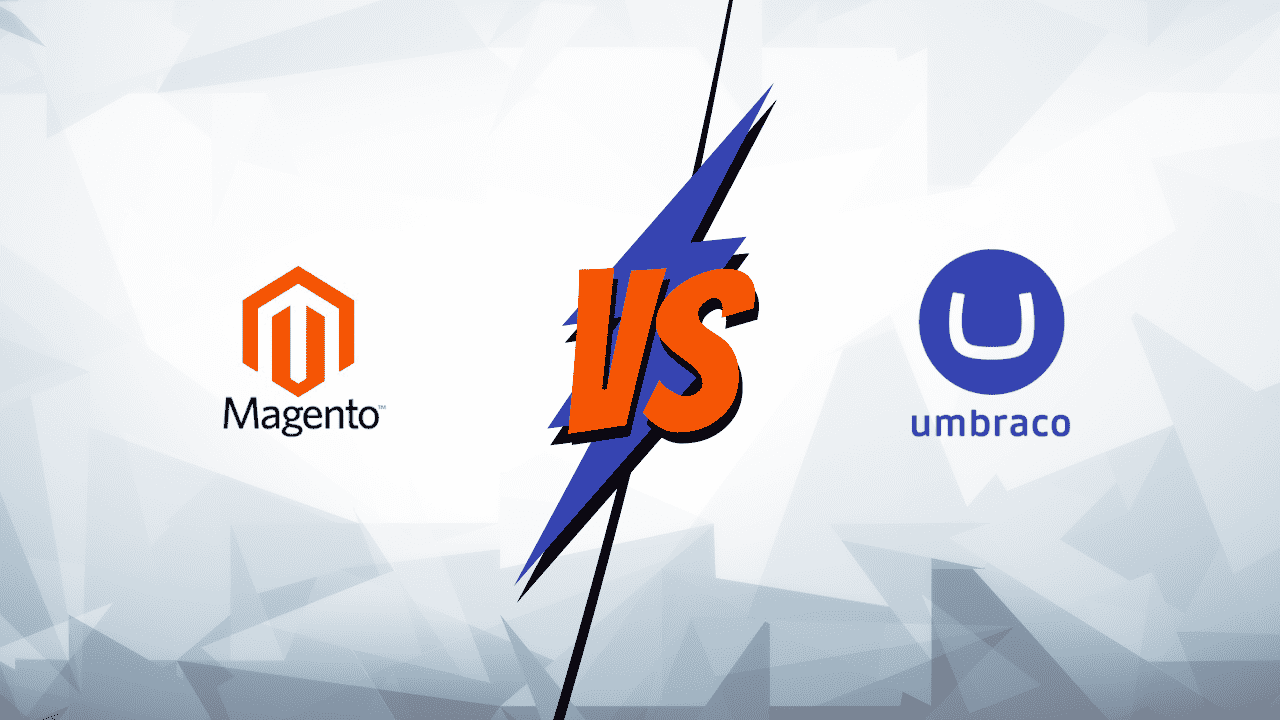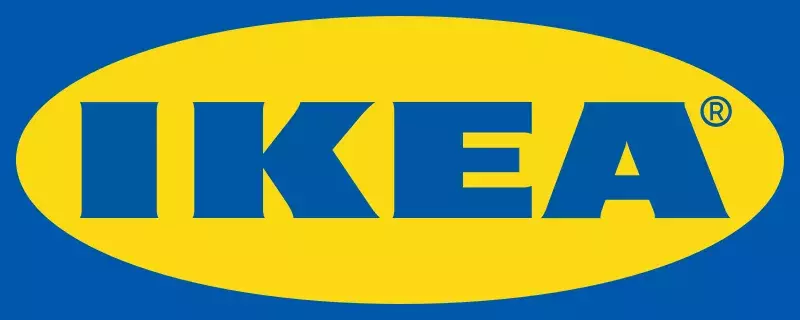In the battle of Magento vs Umbraco, the choice ultimately depends on the specific needs and preferences of your business. Magento shines as a comprehensive eCommerce CMS, offering advanced features, scalability, and extensive customization options.
It is an excellent choice for businesses that prioritize complete control and require robust product management capabilities, especially if you need a fast solution as it has a reputation for being faster than Umbraco due to its optimized architecture and caching mechanisms
On the other hand, Umbraco excels in simplicity, flexibility, and user-friendly content management. It caters well to businesses that focus on content-driven websites and value intuitive interfaces. Umbraco's integration capabilities and Umbraco Cloud further enhance its value proposition for content managers seeking hassle-free website management.
Both Umbraco and Magento take plugin vulnerability seriously, implementing security measures and regularly updating their systems to mitigate potential risks associated with plugin vulnerabilities.They offer robust operations management capabilities, allowing you to efficiently handle tasks such as inventory management, order processing, and customer support.
Additionally, both platforms provide access restrictions features, enabling you to control user permissions and restrict access to sensitive information. For creating new pages, Umbraco excels with its intuitive interface and flexible content management system, making it easy to add and manage new pages on your website.
So, which platform is better?
Ultimately, conducting a thorough evaluation of your business requirements, considering factors such as product management, scalability, ease of use, and integration capabilities, will help guide you towards selecting the ideal CMS platform for your unique needs.
Whether you opt for Magento or Umbraco, both platforms offer their own strengths and can provide good value for businesses aiming to deliver exceptional digital experiences.
P.S. If you find yourself needing guidance in making a decision between Umbraco and Magento, feel free to reach out to us. Our experienced ecommerce experts will be glad to assist you and provide insights to help you make the right choice for your business.
For those of you who are extra curious, you can read about the difference between Magento and Shopify platforms in one of our articles.
How can we help you?
As an ecommerce partner, we specialize in providing comprehensive e-commerce solutions, making us the perfect software company for those in search of a reliable and experienced partner to help them achieve their online business goals.
Don't wait any longer, partner with us today and let our expertise in e-commerce solutions drive your online business to new heights!








